The relentless march of technology sees us upgrading our gadgets every few years – new iPhones, struggling processors, graphics cards overwhelmed by modern games. Old hardware often ends up resold or discarded. But many outdated devices remain surprisingly functional and even essential. Here are eight examples of vintage tech still holding its own:
Table of Contents
- Retro Computers Mining Bitcoin
- A Reliable Mechanic's Assistant Since the '80s
- Vintage Tech as a Bakery POS System
- Outdated Systems Managing Nuclear Arsenals
- Windows XP Powers Multi-Billion Dollar Aircraft Carrier
- Critical Airport Infrastructure Fails Due to Legacy Software
- Classic Hardware Used for Cutting-Edge Research
- Nostalgia Keeps Old Systems Alive
Retro Computers Mining Bitcoin
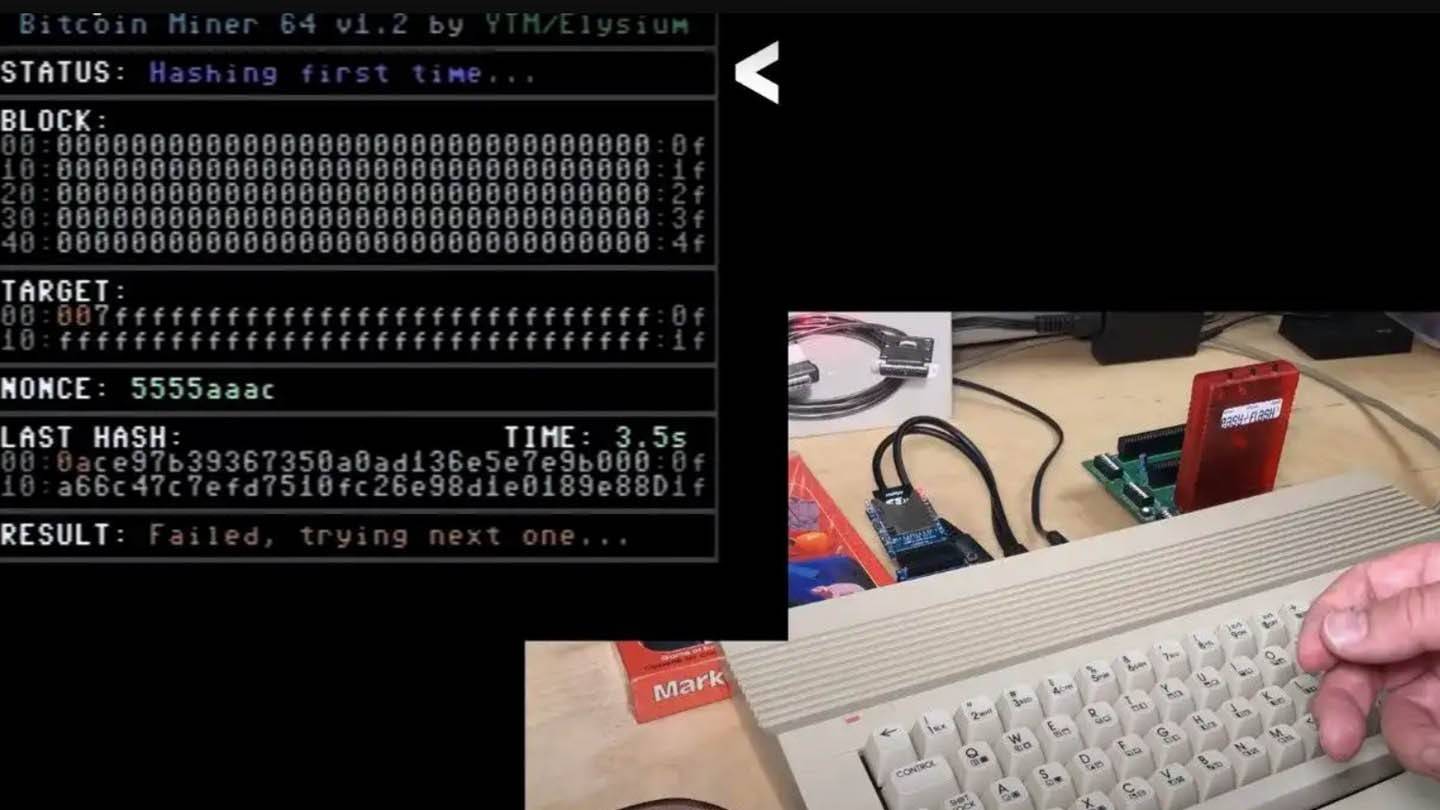 Image: x.com
Image: x.com
A Commodore 64 (1982) was shown to mine Bitcoin, albeit incredibly slowly – 0.3 hashes per second. Compare that to an RTX 3080's 100 million hashes per second. Mining a single Bitcoin on a C64 would take roughly a billion years. Similarly, a YouTuber mined Bitcoin using a 1989 Nintendo Game Boy (0.8 hashes/second via a Raspberry Pi Pico), a feat taking longer than the universe's existence.
A Reliable Mechanic's Assistant Since the '80s
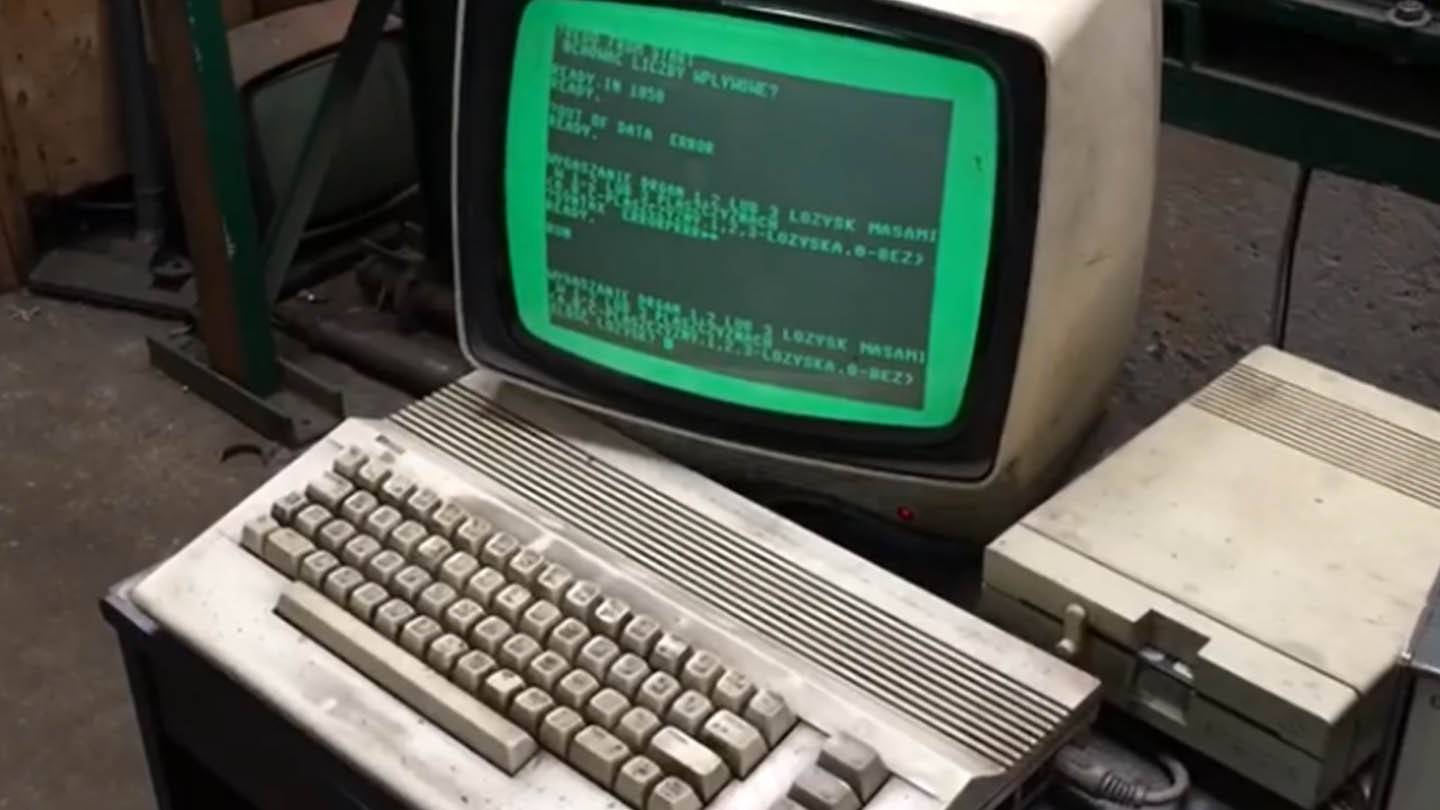 Image: x.com
Image: x.com
A Commodore 64C in Gdansk, Poland, has aided mechanics for over 30 years, even surviving a flood. Its 1 MHz CPU and 64KB of RAM flawlessly run custom software for driveshaft calculations, demonstrating the longevity of simple, robust technology.
Vintage Tech as a Bakery POS System
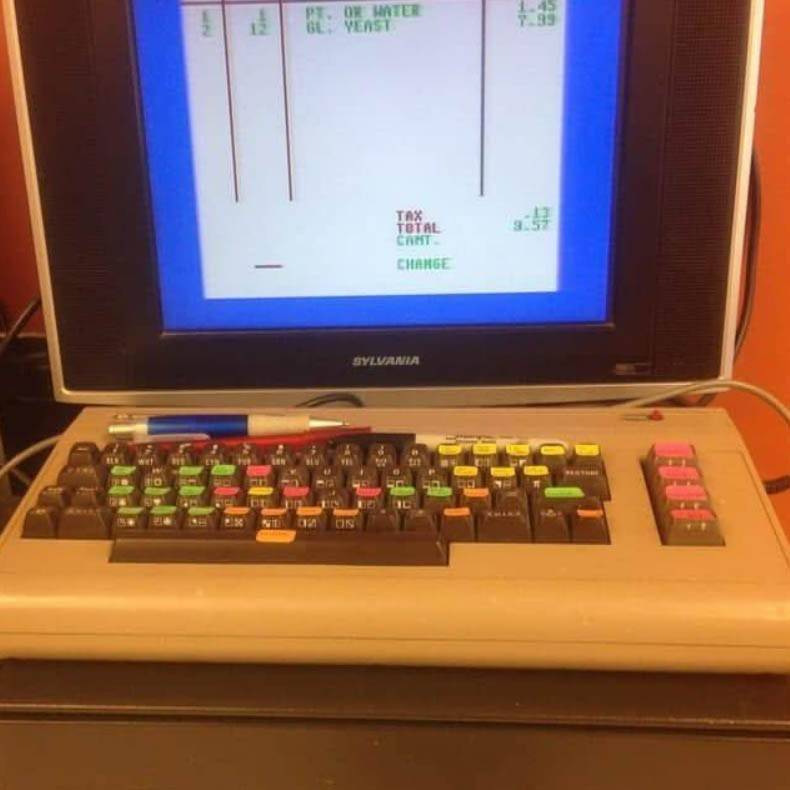 Image: x.com
Image: x.com
An Indiana bakery has used a Commodore 64 as a POS system since the 1980s. Nicknamed the "breadbox," this reliable cash register avoids the software update headaches of modern systems, requiring only occasional keyboard label updates.
Outdated Systems Managing Nuclear Arsenals
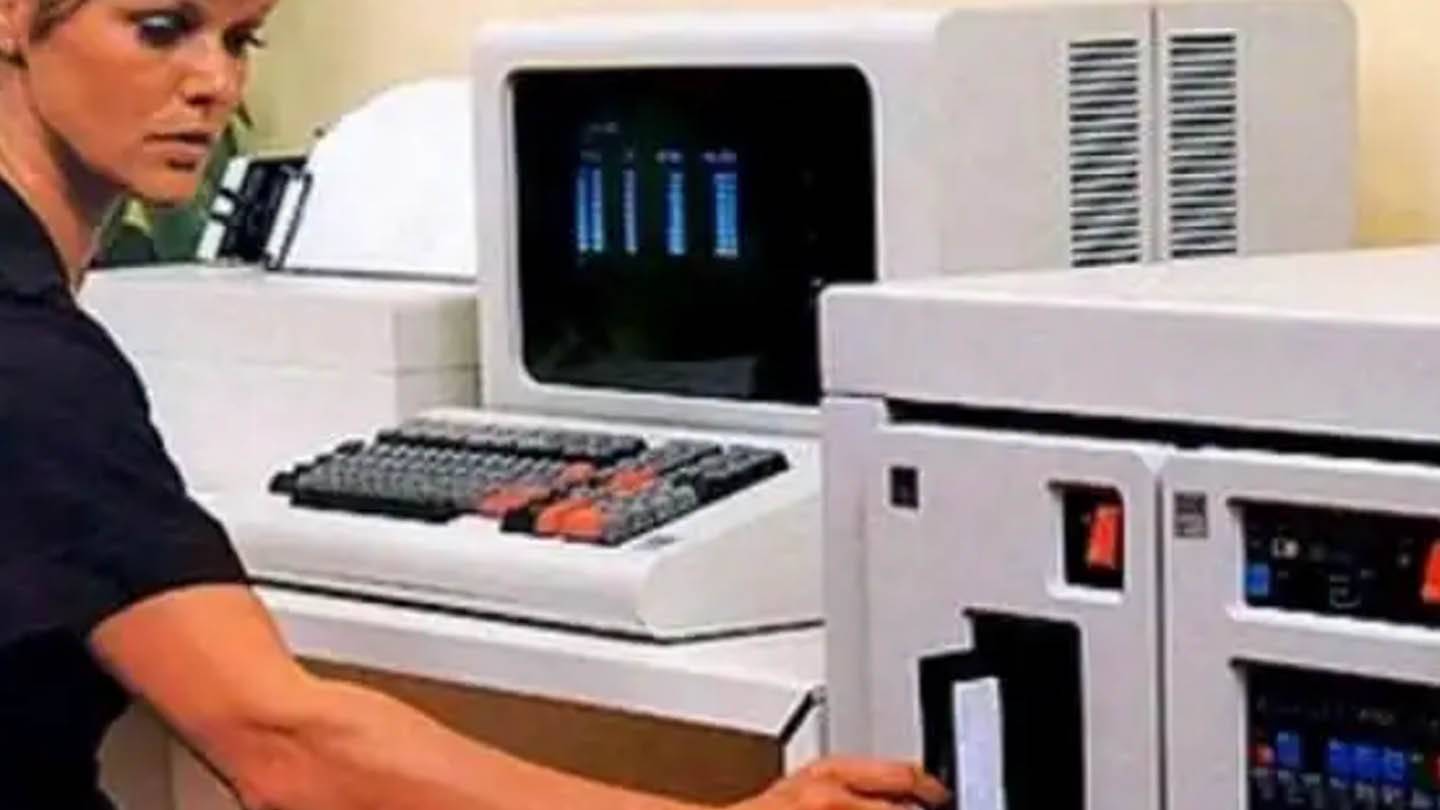 Image: x.com
Image: x.com
The US manages part of its nuclear arsenal using a 1976 IBM computer and 8-inch floppy disks (≈80KB). While modernization is planned, its reliability ensures its continued use. Similarly, German Brandenburg-class frigates use 8-inch floppies, with upgrades involving emulators rather than complete replacements.
Windows XP Powers Multi-Billion Dollar Aircraft Carrier
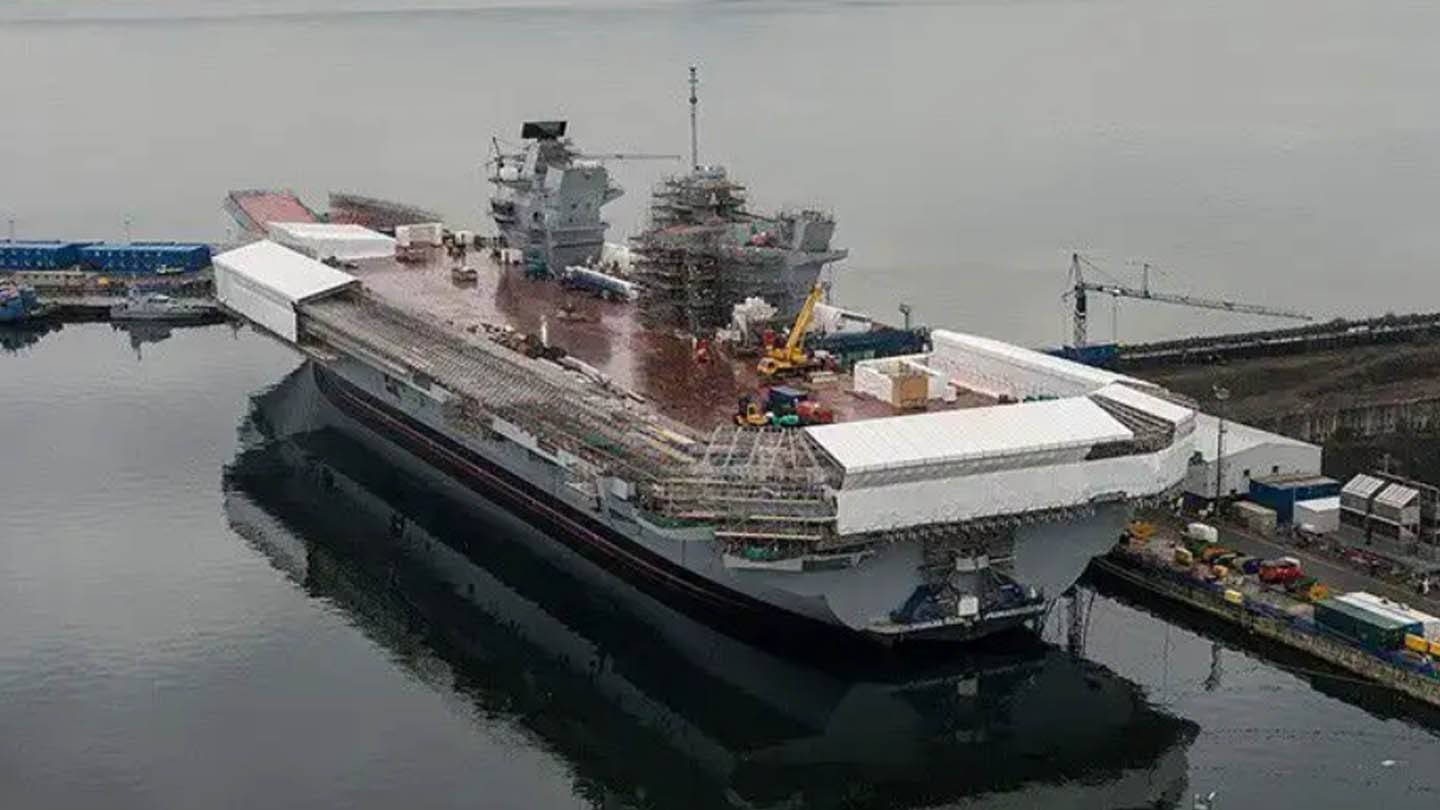 Image: x.com
Image: x.com
The British HMS Queen Elizabeth aircraft carrier, costing billions, runs on Windows XP (support ended 2014). Despite security assurances from the Royal Navy, this reliance on outdated software is noteworthy. Similarly, British Vanguard-class submarines use Windows XP for missile management, kept offline for security until planned updates in 2028.
Critical Airport Infrastructure Fails Due to Legacy Software
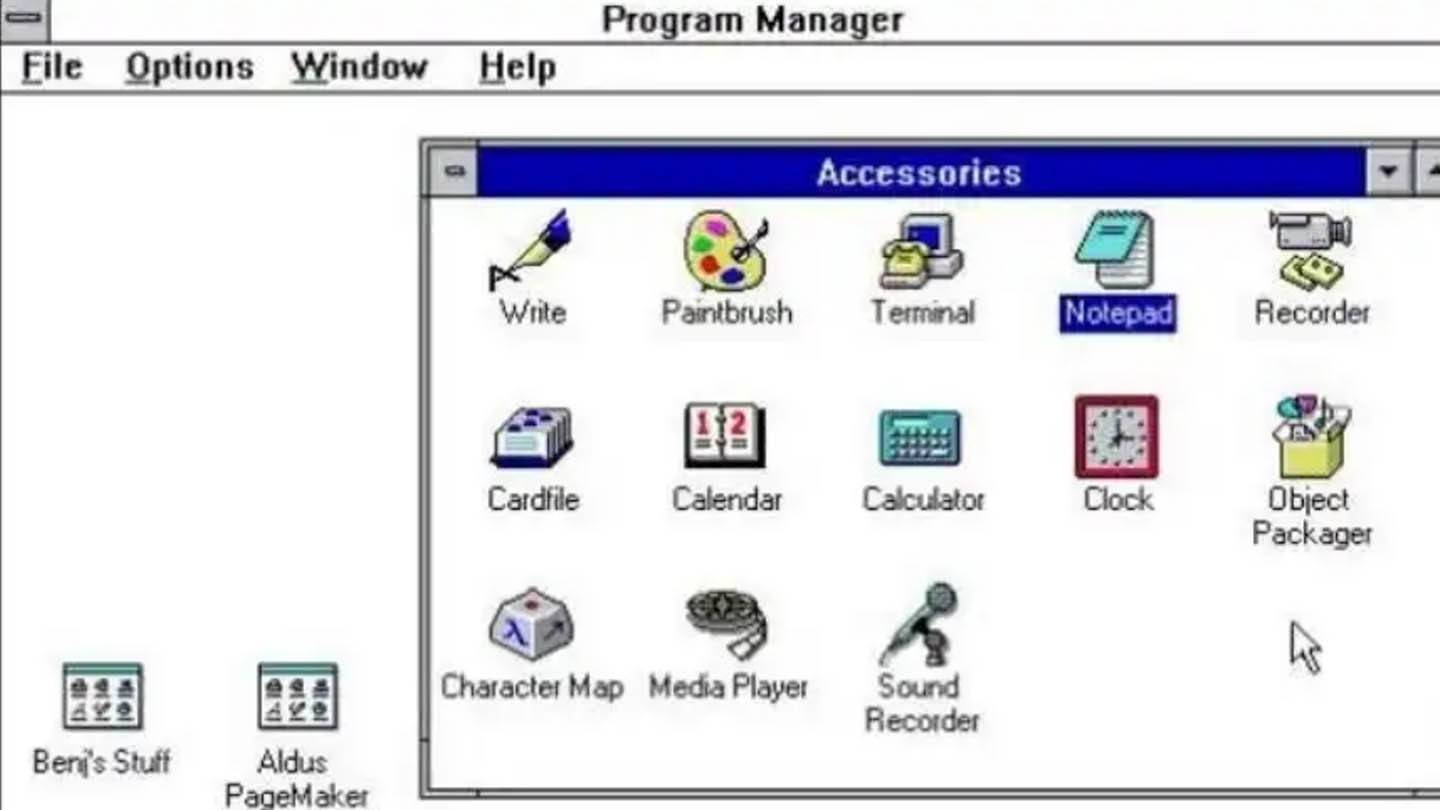 Image: x.com
Image: x.com
In 2015, Paris Orly Airport experienced a failure when a Windows 3.1 (1992) system crashed, halting weather data provision and causing flight suspensions.
Classic Hardware Used for Cutting-Edge Research
Retro computers, such as the Commodore 64, find uses in education and research, their simplicity aiding in understanding fundamental computing concepts and basic simulations.
Nostalgia Keeps Old Systems Alive
Many organizations maintain legacy systems due to familiarity, established workflows, or the cost of upgrades.
These examples highlight the surprising resilience of outdated technology, from cryptocurrency mining to global defense. While upgrades are inevitable, these systems showcase the enduring value of simplicity and reliability.



















